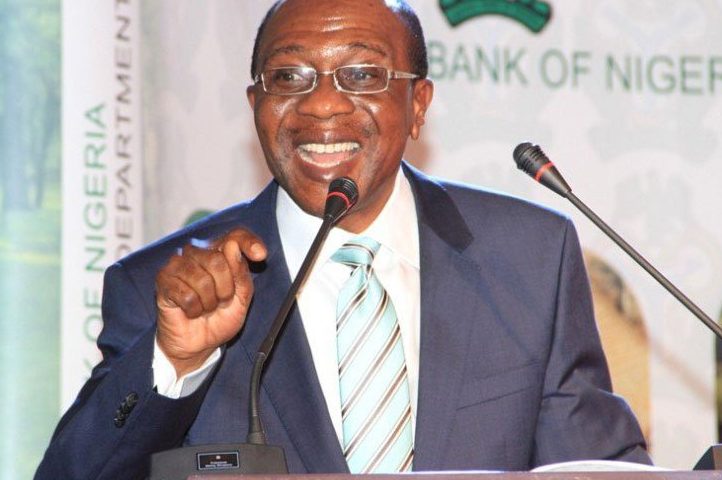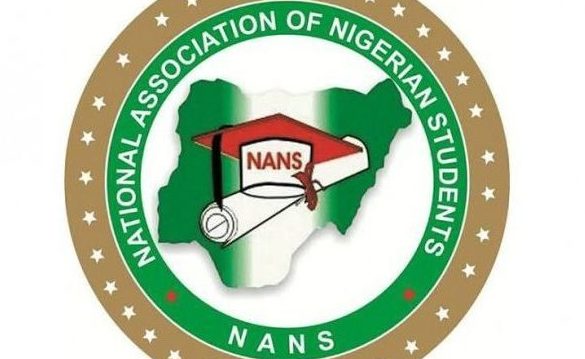The value of the naira on Wednesday firmed at the parallel market following the outcome of the Monetary Policy Committee meeting, which saw benchmark interest rate left untouched at a high of 14 per cent even as analysts say they foresee a rate cut by the next meeting in November.
The value of the naira which had been trading at N367 to the dollar on the streets since last week firmed slightly to N366 while at the Investors and Exporters window the naira traded at N360.05 to the dollar.
Although the Central Bank of Nigeria has sustained its intervention at the foreign exchange market, the external reserves of the country had continued to accrue standing close to $33 billion.
Analysts say if inflation continues to trend downwards they would expect the MPC to take an accommodative stance at its next meeting.
According to the Managing Director and Chief Executive of Financial Derivatives Company Limited, Bismark Rewane, with the rising level of the reserves “and inflows of $7 billion in five months at the I&E window, the CBN has no reason not to pursue an accommodative slant in its open market operations between now and its next meeting in November.”
He noted that the CBN had put caution above audacity, and wisdom above courage in arriving at its decision which he said enabled it to buy more time, to see if the current growth momentum and the inflation reduction were sustainable.
The MPC, he said de-emphasized the fact that oil prices were at a 26-month high and that production at 1.8mbpd could guarantee enough supply into the forex market.
“The immediate impact of this decision is that naira liquidity will be tight, credit growth will be squeezed and the stock market will witness a decline in prices in the short run.”
On his part, Research Analyst at FXTM, Lukman Otunuga, noted that it was becoming clear that the nation’s improving macroeconomic conditions and stabilizing interest rates, both present an argument for rates to be cut in an effort to support the current recovery.
“Although some may still view the Nigerian economy as fragile, especially after its exit from the worst economic slump in 25 years, a rate cut could offer the economy a shot in the arm. Market players will be closely scrutinizing inflation data and core economic metrics ahead of November’s policy meeting, for more clues on when the CBN plans to take action,” he said.
Senator Yahaya Abdullahi in a motion at the Senate seating on Tuesday, had stressed the need for Nigeria to lower its interest rate and cut domestic debt to stimulate lending for private sector investment, in order to boost growth after its economy slipped out of recession.
According to him, the exit from recession was largely due to favourable oil prices and increased domestic production with relative peace in the restive Niger Delta, even as he urged the government to take steps to improve policies to avoid slipping into another recession.
According to him, the situation was reversible.











